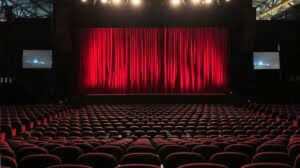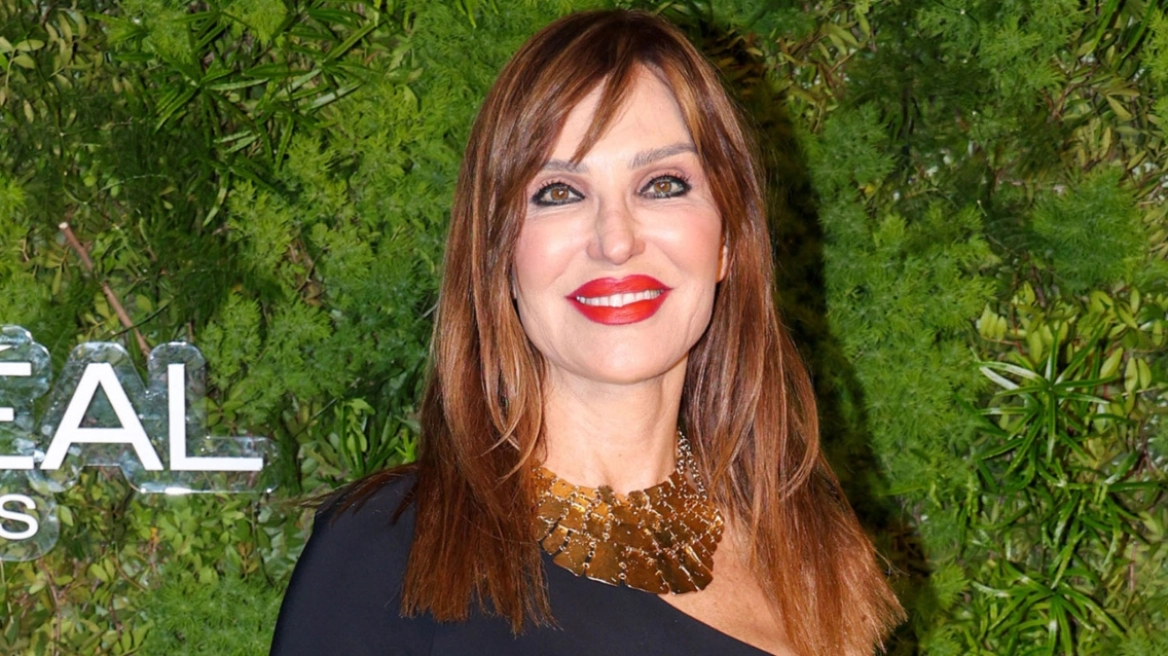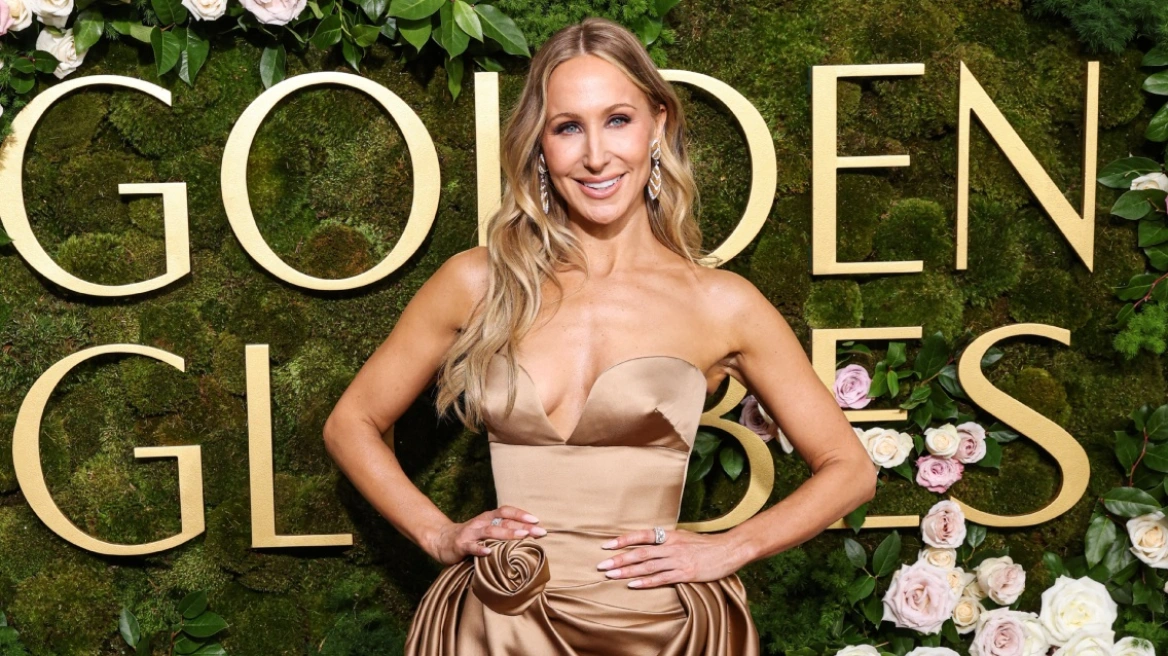Greek Prime Minister Kyriakos Mitsotakis announced the establishment of Greece’s first Higher School of Performing Arts during his address to the Council of Ministers. This new institution will incorporate the National Theatre, the Greek National Opera, the Northern Greece State Theatre, the Thessaloniki Conservatory, and the State School of Dance. Furthermore, all private institutions in theater, music, and dance that currently operate independently will be brought under the Ministry of Education’s supervision.
The Prime Minister emphasized that this initiative addresses a long-standing issue that has remained unregulated for decades, often allowing those involved to shift blame away from their own responsibilities by “blindly” targeting the government.
In his address, Mitsotakis noted:
“From today’s agenda, I would like to highlight one issue, which, as you may recall, became a source of significant unrest some months ago, as well as a focal point for irresponsible political exploitation. I’m referring to the education and professional rights of artists—a field which, until now, has been left unregulated, allowing many to construct myths while sidestepping their own accountability and ‘blindly’ accusing the government.
Today, however, it is this government—fulfilling the promises made by the Minister of Education and the Minister of Culture—that responds both to misguided activist actions and certain ‘off-key’ performances with a bold reform in the field of modern culture: for the first time in history, our country will establish a Higher School of Performing Arts.
This school will integrate the National Theatre, the Greek National Opera, the Northern Greece State Theatre, the Thessaloniki Conservatory, and the State School of Dance.
Simultaneously, all the numerous private schools in theater, music, and dance, which operate as private enterprises, will now fall under the supervision of the Ministry of Education. The two responsible ministers will present the draft legislation in detail.
We are clarifying all the murky areas within an unregulated landscape. By defining clear professional pathways, qualifications, and rights, we are enhancing the level of arts education overall and creating a clear avenue for linking these studies with established university programs.”
Ask me anything
Explore related questions





